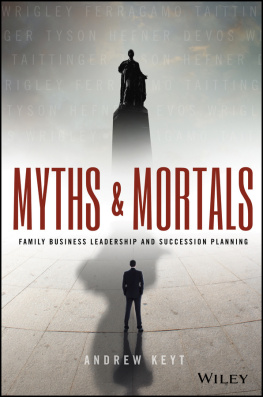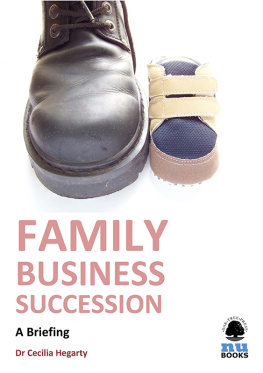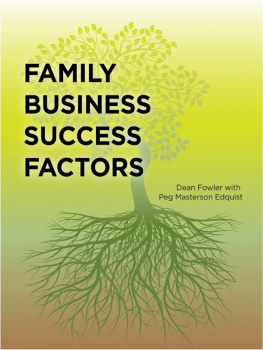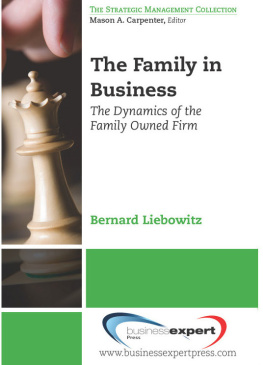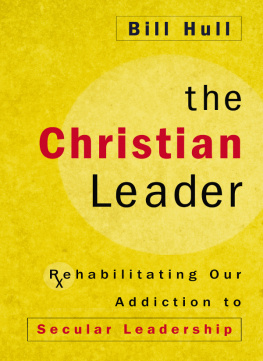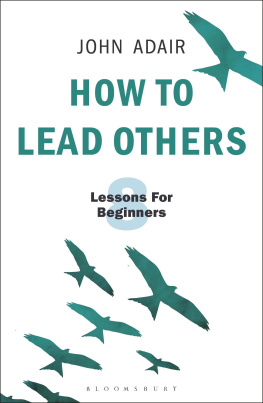
Copyright 2015 by Andrew Keyt. All rights reserved.
Published by John Wiley & Sons, Inc., Hoboken, New Jersey.
Published simultaneously in Canada.
No part of this publication may be reproduced, stored in a retrieval system, or transmitted in any form or by any means, electronic, mechanical, photocopying, recording, scanning, or otherwise, except as permitted under Section 107 or 108 of the 1976 United States Copyright Act, without either the prior written permission of the Publisher, or authorization through payment of the appropriate per-copy fee to the Copyright Clearance Center, Inc., 222 Rosewood Drive, Danvers, MA 01923, (978) 750-8400, fax (978) 646-8600, or on the Web at www.copyright.com. Requests to the Publisher for permission should be addressed to the Permissions Department, John Wiley & Sons, Inc., 111 River Street, Hoboken, NJ 07030, (201) 748-6011, fax (201) 748-6008, or online at http://www.wiley.com/go/permissions.
Limit of Liability/Disclaimer of Warranty: While the publisher and author have used their best efforts in preparing this book, they make no representations or warranties with respect to the accuracy or completeness of the contents of this book and specifically disclaim any implied warranties of merchantability or fitness for a particular purpose. No warranty may be created or extended by sales representatives or written sales materials. The advice and strategies contained herein may not be suitable for your situation. You should consult with a professional where appropriate. Neither the publisher nor author shall be liable for any loss of profit or any other commercial damages, including but not limited to special, incidental, consequential, or other damages.
For general information on our other products and services or for technical support, please contact our Customer Care Department within the United States at (800) 762-2974, outside the United States at (317) 572-3993 or fax (317) 572-4002.
Wiley publishes in a variety of print and electronic formats and by print-on-demand. Some material included with standard print versions of this book may not be included in e-books or in print-on-demand. If this book refers to media such as a CD or DVD that is not included in the version you purchased, you may download this material at http://booksupport.wiley.com. For more information about Wiley products, visit www.wiley.com.
Library of Congress Cataloging-in-Publication Data:
Keyt, Andrew, 1969
Myths and mortals : family business leadership and succession planning / Andrew Keyt.
pages cm
Includes index.
ISBN 978-1-118-92896-7 (hardback) - ISBN 978-1-118-93229-2 (epdf)
ISBN 978-1-118-93230-8 (epub)
1. Family-owned business enterprisesSuccession. 2. Family-owned business enterprisesManagement. I. Title.
HD62.25.K49 2015
658.4092dc23
2015007884
Cover Design: Wiley
Cover Image: Monument iStock.com/Djete;
Circle Paving iStock.com/daizuoxin;
Walkway iStock.com/STILLFX;
Young Man iStock.com/Alija
To all of the graduates of the Loyola University Chicago's Quinlan School of Business Next Generation Leadership Institute. Your willingness to take on challenges, dream big dreams for both your families and businesses, and step into authentic leadership is the inspiration for this book.
And
To my parents, Marcia and Douglas Keyt, who gave me the foundation to find my own path, a path true to who I am
Preface
It was the early 1990s. I was a fresh college graduate. Like many fresh-outs, I wasn't sure what to do with my life. I was passionate about people but didn't know how to turn that into a career. Becoming a psychologist was an option, but the life of a therapist was unappealing.
I felt very lost.
In my quest to match my passion with a career, I returned to my roots. My grandfather was a county judge in Ohio; my father was an attorney for Northern Trust in Chicago; my brother, a paralegal, was on track to become a lawyer. So what was my natural conclusion? Pursue law. I tested out the idea as a paralegal.
While working as a paralegal, I traveled to San Francisco to meet with a client. It was April of 1992. I remember it clearly. While I wasn't particularly enthralled with the work, I felt important as a 22-year-old flying cross-country to hobnob with attorneys and business people from a large multinational corporation. One night, while I sat in my hotel room at the Hyatt Embarcadero, the phone rang. It was my father. I knew something was wrong. My father never called. Normally, my mother called and handed the phone to my father: Here, talk to your son.
My father (age 52), who had quit smoking 15 years before, said he had lung cancer.
I was shocked. Then I, along with my mother and two brothers (I am the middle child), rallied around the idea that it could be treated. My father would beat the cancer.
Slowly, it became clear that he would not. The weekend of July 4th 1992, my father was determined to get up to our summer home in Wisconsin for our annual family vacation. Because he was undeterred, we flew him up from Chicago. It was a short-lived and frightening vacation. He was hospitalized and then Medivacced to Chicago. For the next month, our family life was organized around getting our work done as quickly as possible, so we could spend as much time as possible with him at the hospital.
One month later, on August 6, my father asked me to stay a little later during my visit. My brothers and mother had left. Something weighed on him. He had some requests. His final one was to tell me that he was passing 100 percent of his ownership in the family business (a family farm) to me and not splitting it among me and my brothers.
I was incredulous: We have a family business? My father had spent much of his life insulating us from the pressures and challenges of working with family. He hadn't told us anything about the farm that he co-owned with his brother and cousins. Surprised with this revelation, I left the hospital, my head spinning with a list of things to do to help my dad.
That was the night he died.
On August 7, 1992, I woke up, a newly minted family business owner. While dealing with the grief of losing my father, I also grappled with the new challenge of understanding the family business. Although his one-sixth ownership wasn't Walmart money, it came with a set of expectations and responsibilities that I wasn't fully prepared for at the tender age of 22.
My father was the one to whom all of the cousins looked for input and advice. He was the one whom they trusted to make the right decisions. Now, they started to look to me to play the same role. But I was not my father. I had a psychology and music background; he was a tax attorney. I wondered how I could possibly take on this role.
Feeding the self-doubt were questions about why my father picked me and not one of my brothers. Most people, as I did, thought that my older brother, Bryan, would be the logical choice. He was the oldest and on the path to becoming an attorney. For whatever reason, my father chose me.
This was the beginning of my path to and passion for family business. Five years later, after pursuing additional education at Northwestern University, I landed at the Loyola University Chicago Family Business Center. Here, I was first exposed to the challenges of family business successors through the Next Generation Leadership Institutean 18-month leadership development course specifically designed to help successors in a family business become the best leader that they can benot the leader that their parents want them to be, but a leader that is true to him- or herself. A leader that leads with authenticity.
Next page
